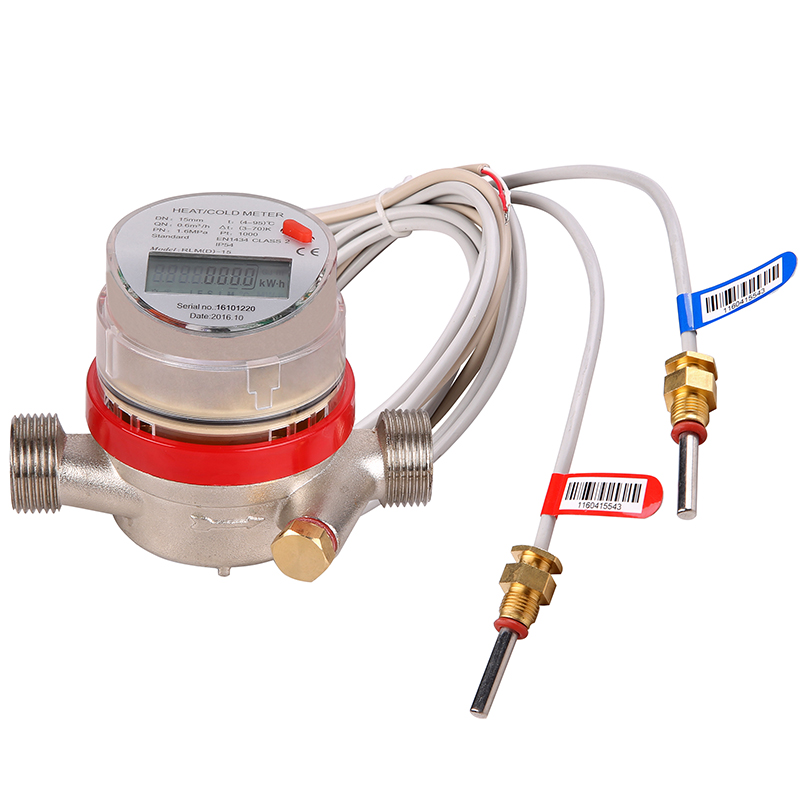ADD: No. 18, Weisan Road, Rongyu Village, Xinpu Town,Cixi City,China.
MOBILE: +86 135 6606 0510 (WhatsApp & Wechat )
TEL: +86 (0)574 6358 5625
FAX: +86 (0)574 6357 7818
MAIL: [email protected]
[email protected]
A is a device that plays a key role in energy managemen […]
A  is a device that plays a key role in energy management, helping to monitor, control and optimize energy use by measuring the transfer of heat. This article will take an in-depth look at the principles, advantages, and importance of mechanical heat meters in energy management.
is a device that plays a key role in energy management, helping to monitor, control and optimize energy use by measuring the transfer of heat. This article will take an in-depth look at the principles, advantages, and importance of mechanical heat meters in energy management.
In today's society focused on sustainability and energy efficiency, mechanical heat meters serve as a key tool, providing practical solutions for energy management.
The working principle of a mechanical heat meter is based on its ability to measure the temperature difference of a thermal medium flowing through a pipe. By using sensitive sensors and metering devices, mechanical heat meters accurately calculate the amount of heat flowing through a pipe. This technology enables users to monitor and record energy usage in buildings or industrial processes in real time, providing data support for energy conservation and cost control.
One of its advantages is reliability. Mechanical heat meters use physical measurement principles and are not dependent on external power supplies or complex electronic systems, so they have high stability and reliability. This enables stable operation in a variety of environmental conditions, whether in residential heating systems or industrial processes.
Precise measurements from mechanical heat meters also provide practical data to energy managers. By accurately measuring energy usage, managers can better understand the heat needs of a building or system and take targeted measures to improve energy efficiency. This helps reduce energy costs and slows the environmental impact of energy consumption.
In energy management, mechanical heat meters also play a key role in saving energy. By monitoring energy usage and making timely adjustments to the system, mechanical heat meters enable energy managers to use energy more efficiently and avoid waste. This is in line with the concept of sustainable development, helping to lower the carbon footprint and reduce dependence on limited resources.
Taken together, the key role of mechanical heat meters in energy management cannot be ignored. Its accurate heat measurement, reliable operation and detailed monitoring of energy usage make it one of the key technologies driving innovation and sustainability in energy management. In the future, as requirements for energy efficiency continue to increase, mechanical heat meters will continue to play an important role in various fields.